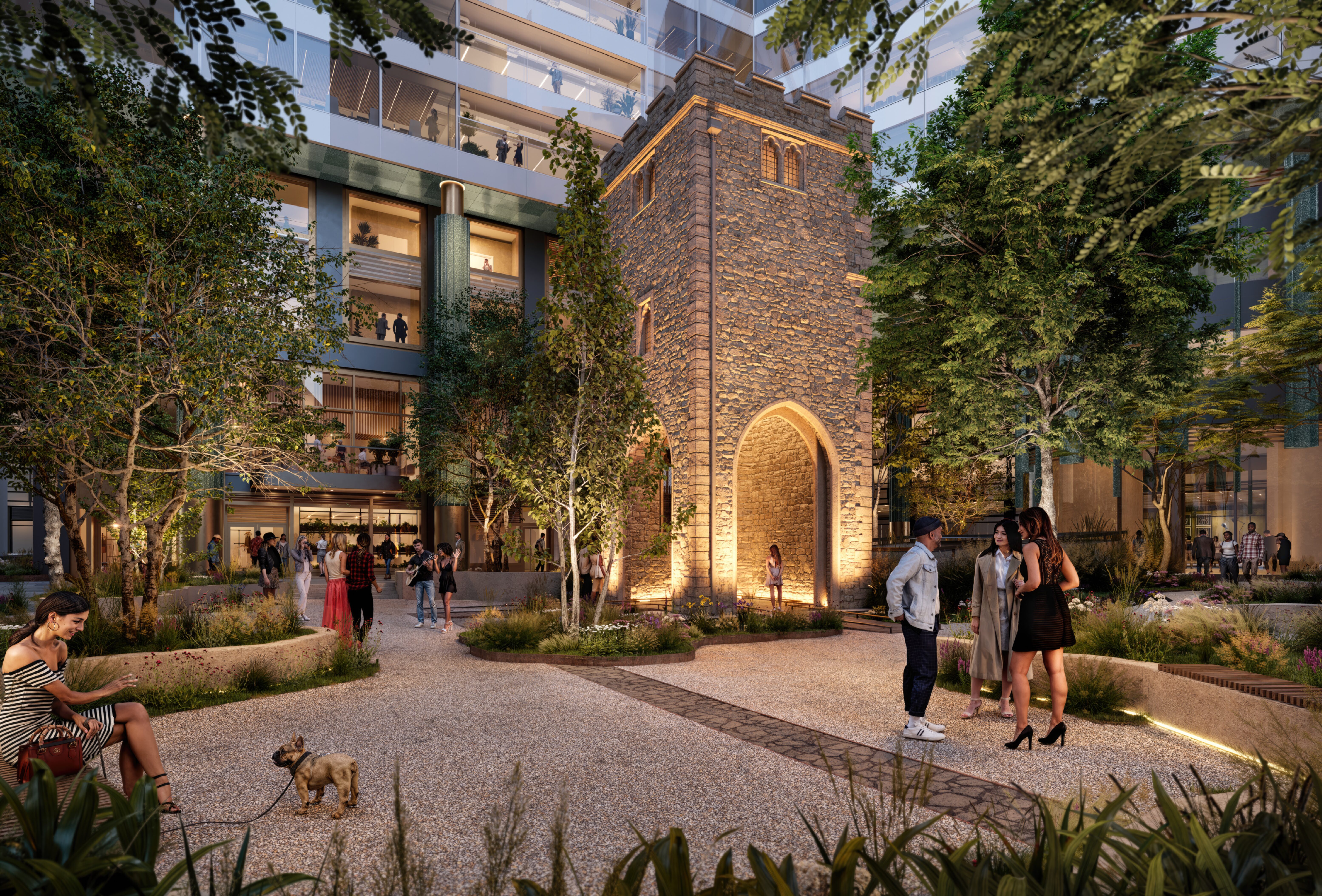YardNine adds to development team with appointment of George Grace
George Grace Joins From Native Land at ‘Pivotal’ Moment in Company’s Growth.
Read moreFollowing a Preconstruction Services Agreement (PCSA), YardNine and AXA IM Alts have awarded Multiplex the Design and Build contract for the construction of Fifty Fenchurch Street.
Read more